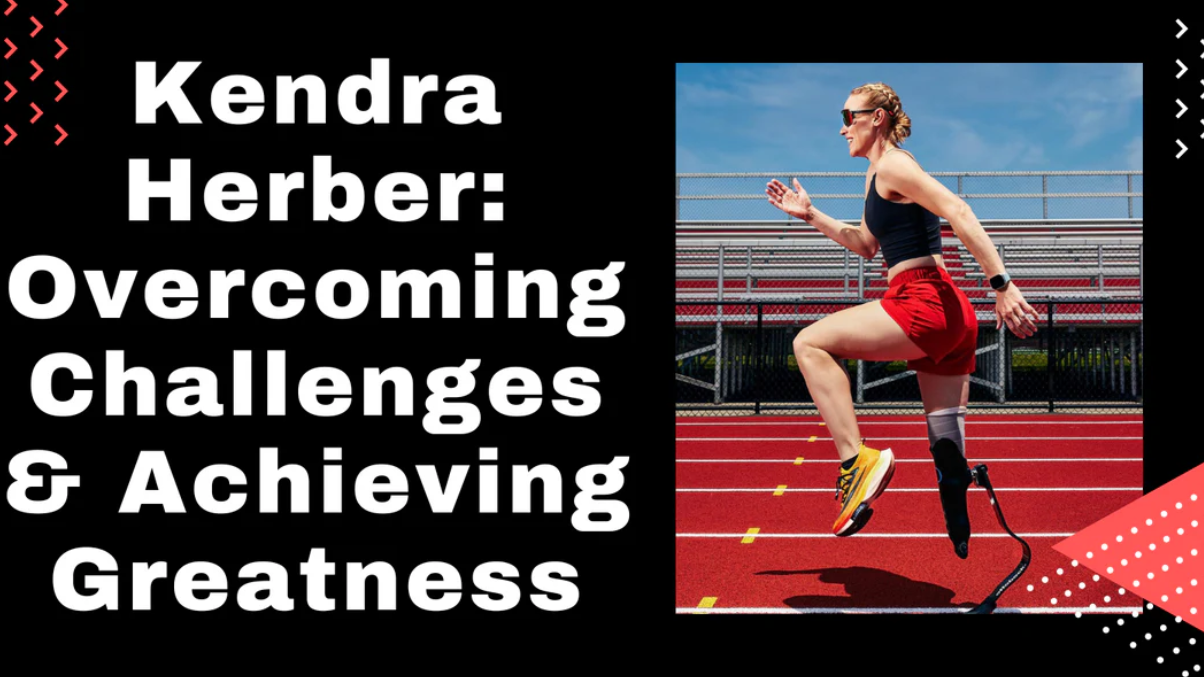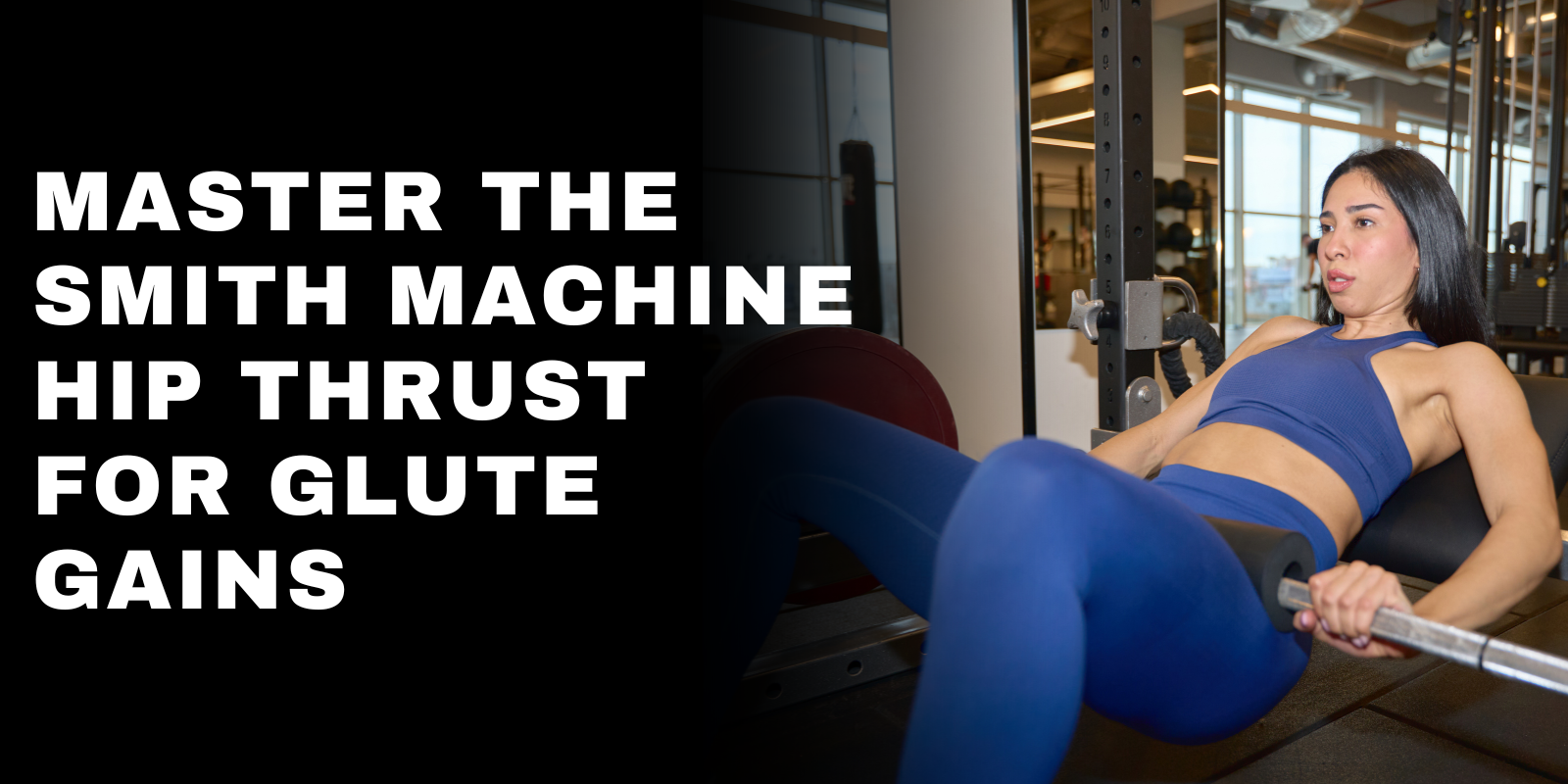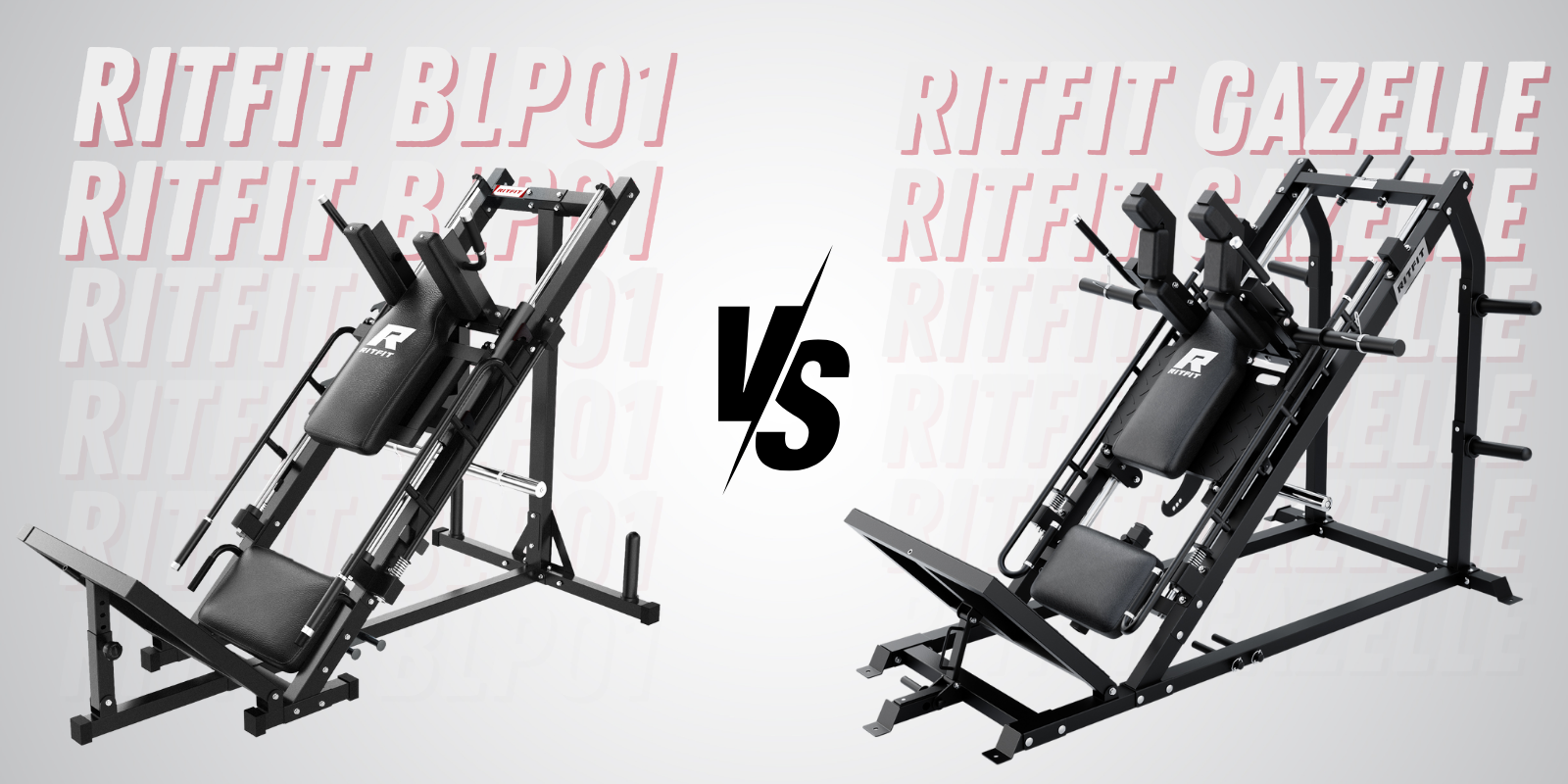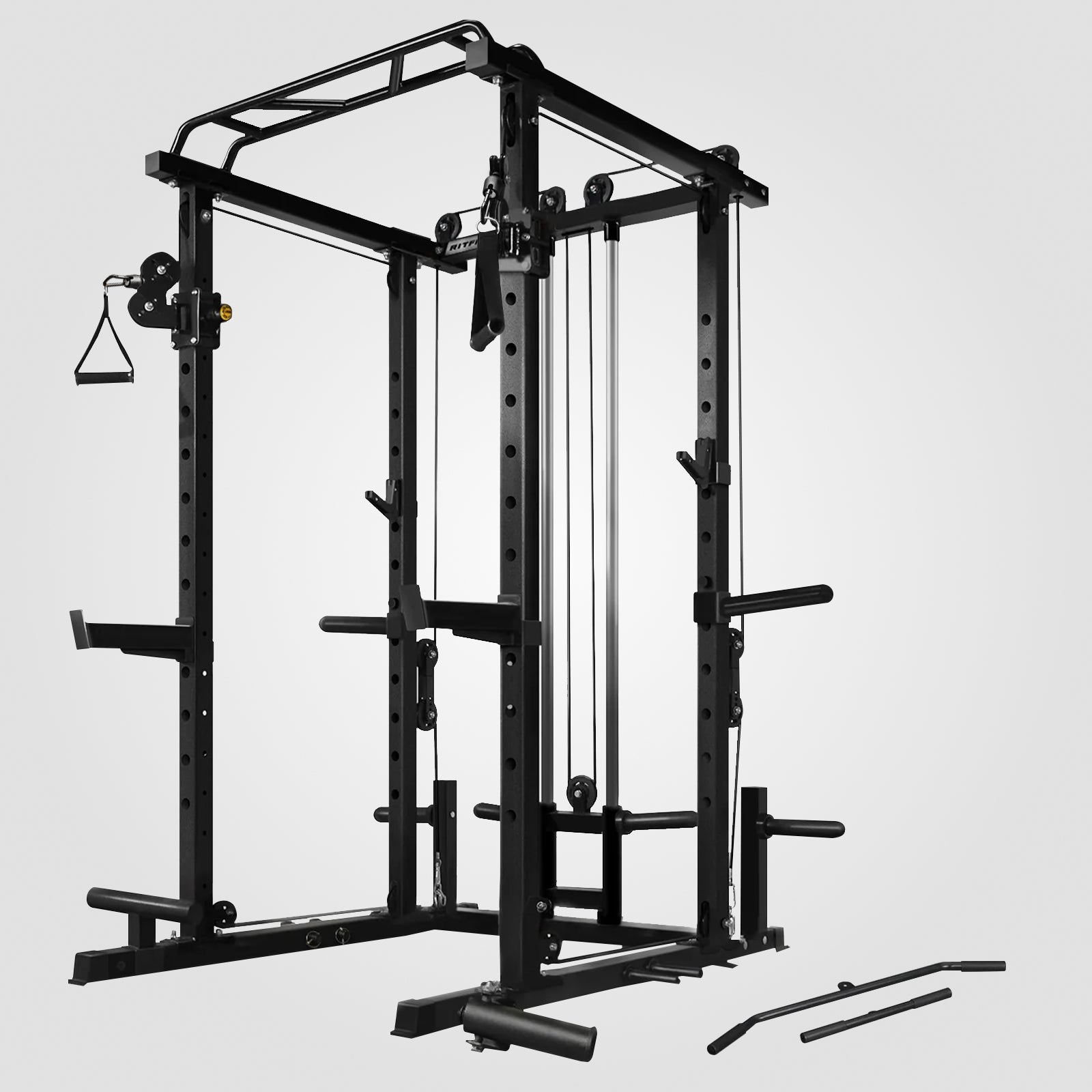If you feel as if you've been "dieting" for years with little to show for your efforts, this article is for you!
Outside Your Comfort Zone
Our bodies view dieting as a stress, not some sort of weird Survivor-type fun vacation. It's stressful, because eating fewer calories than your body needs pushes it beyond its comfort zone—the body-fat percentage (or weight) where your body feels most comfortable. Note that this is the weight where your body—not you yourself—feels most comfortable. To get back into that wonderful, comfy comfort zone (also known as your "body-fat set point"), your body starts sending all kinds of messages to your brain to tell you to stop dieting. The two big messages it sends are "I'm tired" and "I'm hungry." To deal with the caloric deficit your diet has created, your body conserves energy by reducing the number of calories you burn each day. Less calories burned means less energy, so, naturally, you feel tired. To make matters worse, your hunger hormones (leptin and ghrelin) go through an abrupt change as your dieting ways continue. It's not fair (at all), but it's true: The more you consistently take in fewer calories than you burn, the more urgently your hunger hormones tell your brain you're really hungry.Diet-Induced Adaptations
- Decreased resting metabolic rate
- Decreased thermic effect of food
- Decreased exercise and nonexercise activity thermogenesis
- Decreased thyroid hormone (T3) production
- Decreased leptin
- Increased ghrelin
Diet Deviation
Originally, Jessica's goal was to lose a few pounds before she went on her Hawaiian vacation. The combination of eating fewer calories and bumping up her exercise worked well. Within two months, she neared her goal. But a week before the trip, her figure still wasn't quite where she wanted to be—and she didn't seem to be losing any more weight. To "finish strong," Jessica made one last macro adjustment: Bye-bye, carbs; hello, fasted cardio. That got her to her target weight, but... Once she got to the island and started tasting "local food" (Hawaiian burgers, macaroni salad—even Spam wrapped in seaweed and rice), it was as if she'd never learned the meaning of portion control. When Jessica finally mustered up the courage to step on the scale again after a 10-day hiatus from her diet and training routine, she was flabbergasted: She weighed more than she had before she left. But it wasn't just because she had eaten more food. Jessica's body has grown accustomed to burning significantly fewer calories during her dieting days. When she started to overeat, her body literally didn't know what to do with all those extra calories, so it did what any sensible body would: it stored them as fat for the next time Jessica went on a diet.
Return To Reality
Within two weeks of dieting, though, Jessica's weight loss had stalled again, with 5 pounds left to go. She doubled down on her diet—and upped her cardio workouts. Although she had nothing but good intentions, this would lead to her biggest disappointment yet. Running on an even greater caloric deficit, Jessica's body went into full-on "Operation Energy Conservation," burning fewer and fewer calories. Even with a harsher diet, she still wasn't losing weight, so she tripled down on her diet. Now she was eating very little and exercising a lot. Not a good strategy. Finally, overwhelmed with hunger and fatigue, Jessica put portion control on the back burner again, gained more weight, felt even worse about herself, and got back on her next yo-yo diet.Breaking The Cycle
Rather than starving herself through countless diets, Jessica would have benefited most from a complete break from dieting. Rather than letting her bathroom scale run her life, she should have focused on her energy, exercise performance and recovery, and well-being.
- Cut back on weigh-in frequency: What you weigh at any given moment isn't the best measure of your progress. Instead, lay the foundation for achieving the physique you want by paying attention to your energy (and attitude)—both inside and outside the gym.
- Increase your calories by 10 percent: If you're accustomed to eating 1,200 calories a day, add 120 more. I know—it doesn't seem to make sense. And I'll be up front with you: That number on the scale may creep up initially, but if you stay the course, your body will respond by ramping up your metabolism, which means you'll start burning more calories than before.
- Stay patient, and be consistent: As you increase calories, you should start feeling more energetic, which will improve workout performance. It becomes a virtual cycle: The more calories (within reason) you take in, the more you're able to exercise, which increases your metabolism and helps your body burn even more calories. Plus, once you're taking in enough calories, your appetite hormones no longer need to send those hunger signals to your brain.












